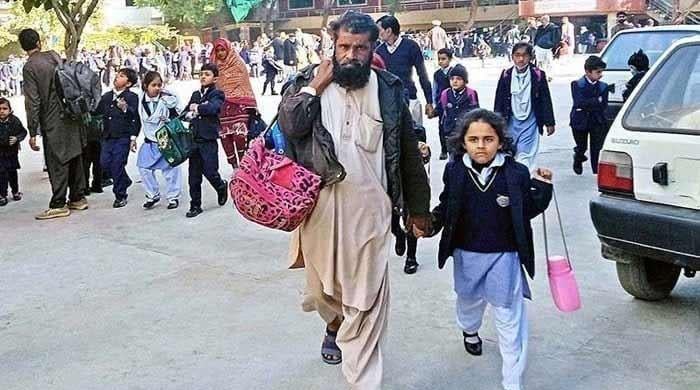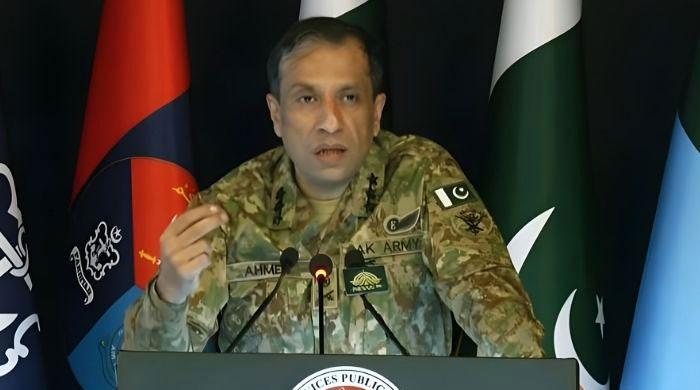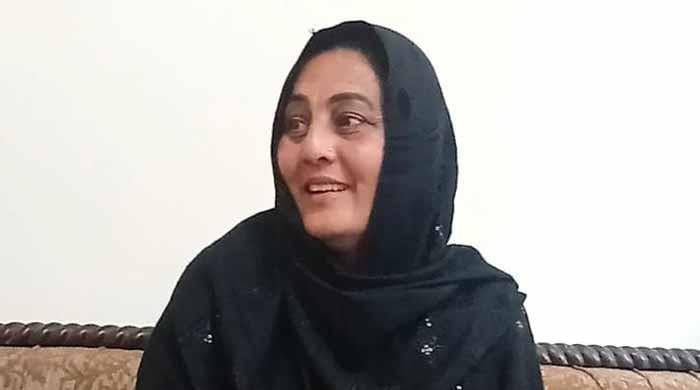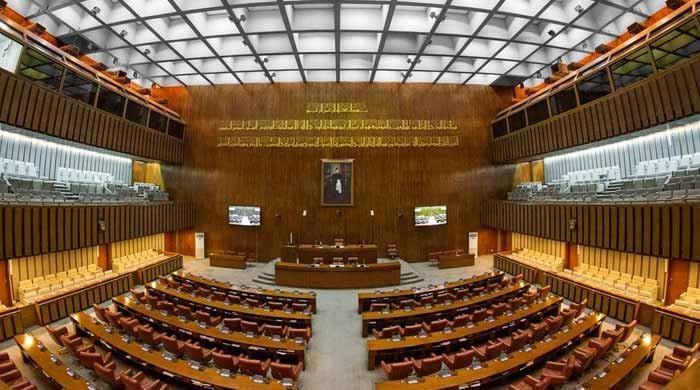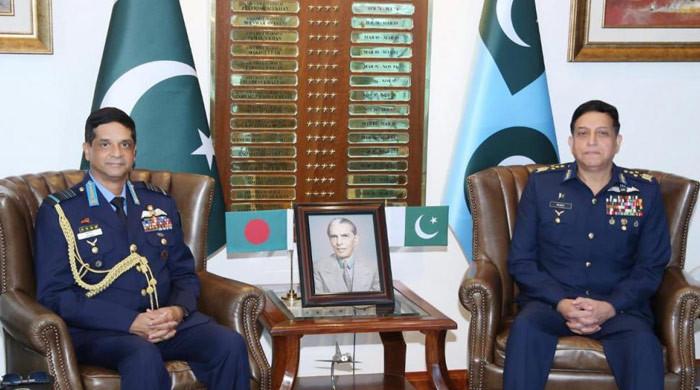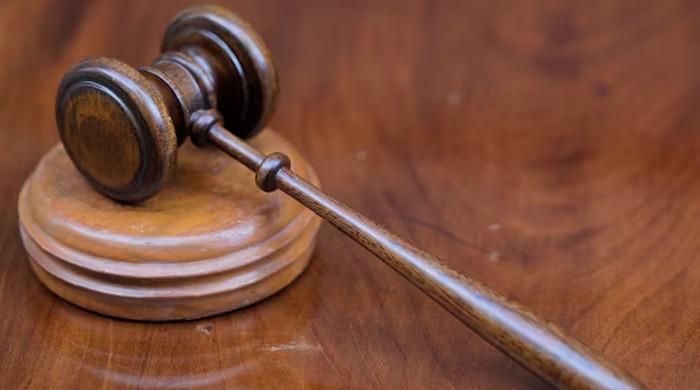Highlights from IHC order in Musharraf treason case: 'Prosecution has a right to fair trial'
IHC notes that the situation in the trial is unique, extraordinary and unprecedented
December 05, 2019
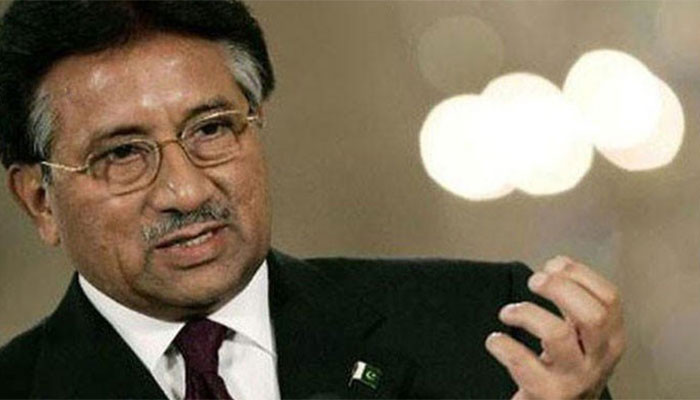
Five years after the high treason trial against former president retired General Pervez Musharraf first commenced, a final verdict was due on November 28. Musharraf, who is currently in the UAE, overthrew an elected government on October 12, 1999 and in 2007 imposed an emergency in Pakistan, after putting under house arrest more than 60 senior judges.
But a day before the much-delayed judgment, by a special court, was to be made public, the Islamabad High Court (IHC) stopped it from announcing the ruling, on a petition filed by the federal government.
The government had earlier in the week rushed to the high court to set aside the special court’s decision until a new prosecution team was appointed.
In its detailed order the IHC notes that the situation was “unique, extraordinary and unprecedented.” It then explains why it found it necessary to bar the special court from announcing a verdict:
- Both the federal government and Musharraf’s counsel raise grievances regarding the right to a fair trial. “They assert that a judgment cannot be pronounced under the Act of 1976 without giving a reasonable opportunity of hearing and in the absence of a prosecutor appointed by the federal government,” the judgement read.
- The additional attorney general, the order adds, also questioned the constitution of the special court. “Surprisingly, it has been argued on behalf of the federal government that the constitution of the learned special court suffers from serious flaws and that the complaint was filed by an un-authorized person.”
- The prosecution also has a right to a fair trial, the court writes. “The right to a fair and proper trial is thus equally important for the prosecution as well. In a trial relating to the constitutional offence of high treason it is an even more onerous task to demonstrably assure an accused of fairness because at the end the latter could be exposed to the sentence of death.”
- It also notes that the accused, therefore Pervez Musharraf, was not given an opportunity to surrender himself and record his statement, before the special court forfeited his right of defense.
- The government, adds the court, should have been given reasonable time to appoint a prosecution team. “The secretary, from the ministry of interior’s request for allowing some time for appointing a prosecutor was also not acceded to.”
The IHC then directs the following:
- The federal government must notify the prosecution team before December 5.
- Barrister Salman Safdar, the counsel for Pervez Musharraf, may assist the defense counsel.
- The special court must conclude the proceedings expeditiously, affording a reasonable opportunity of hearing to the prosecution.




